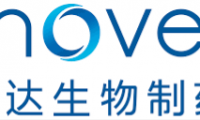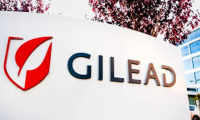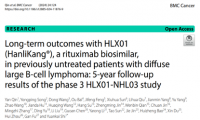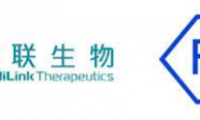-
Gilead and Merus enter trispecific antibody discovery deal
- Source: drugdu
- 106
- March 9, 2024
-
AstraZeneca’s “CD19/CD3 dual antibody” receives clinical approval in China
- Source: drugdu
- 96
- March 2, 2024
-
Daiichi Sankyo and AstraZeneca’s lung cancer antibody set for FDA review
- Source: drugdu
- 137
- February 21, 2024
-
Gilead signs antibody deal with Biocytogen amid ADC buzz
- Source: drugdu
- 85
- February 21, 2024
-
Invivyd Seeks EUA for Monoclonal Antibody Designed to Prevent COVID-19 in Immunocompromised Individuals
- Source: drugdu
- 110
- January 8, 2024
your submission has already been received.
OK
Subscribe
Please enter a valid Email address!
Submit
The most relevant industry news & insight will be sent to you every two weeks.













